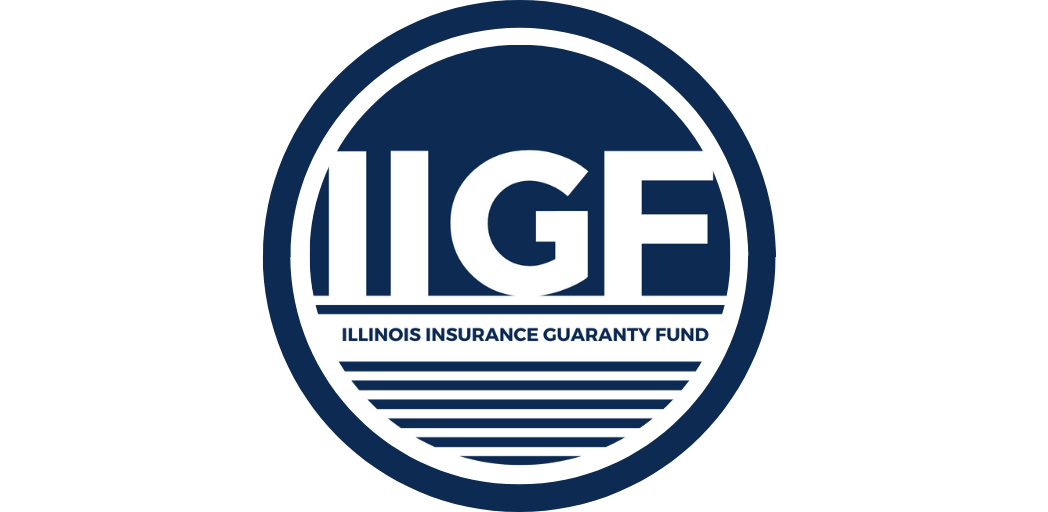We Have Answers
IIGF’s offices are located in Chicago, Illinois. Our organization works with receivers and liquidators across the country to promptly respond to the individuals and businesses affected by the insolvency of their insurers. Our team is made up of claims handling, accounting, administration, and technology professionals.
Please click on the questions below to learn more about the Guaranty Fund.
Why is Illinois Insurance Guaranty Fund important?
When an insurance company fails, it is typically dissolved through a process called liquidation. Insurance liquidations are complex legal proceedings that take years or even decades to finalize. IIGF pays covered claims up front so those policyholders can get on with their lives. We also actively address claimant concerns, such as potential interruption of wage replacement and pharmacy benefits.
What types of claim does IIGF cover?
IIGF handles most types of property and casualty (P&C) insurance products, including homeowner’s, auto, medical malpractice and workers compensation issued by member companies. Some P&C lines are excluded by IIGF’s statute, and some insurance companies are not members of IIGF. A separate guaranty association exists in Illinois to pay life, health and annuity claims. For a legal definition of “Covered Claim” and detailed information about the limitations on IIGF coverage, please refer to our statute here, beginning at Section 532 under Article 34 - “Illinois Insurance Guaranty Fund.”
Who does IIGF protect?
IIGF takes responsibility for all covered claims when a member insurer is found to be insolvent and placed into liquidation. Member insurers can be located in any state, as can the individual claimants served by IIGF. In most cases, businesses and individuals with claims covered by IIGF are located in Illinois.
What are the limitations on IIGF coverage, and why do they exist?
Limitations on IIGF coverage generally reflect IIGF’s role as a payer of last resort, intended to protect the most vulnerable stakeholders in a liquidation. Coverage limitations typically affect policyholders considered to have sufficient resources and sophistication to absorb a degree of hardship or manage a separate claim in the liquidation proceeding. Any limitations are intended to minimize the cost passed along to Illinois consumers in the form of higher premiums.


